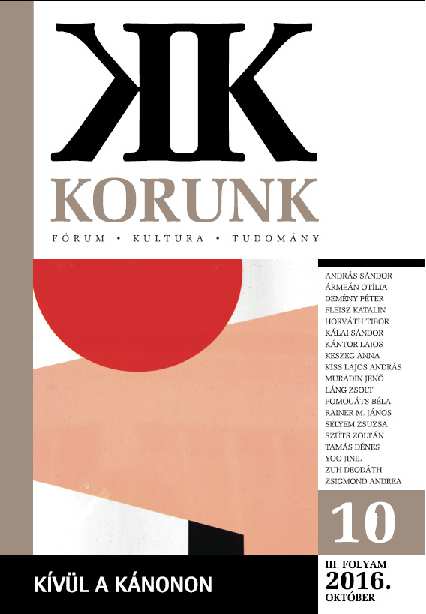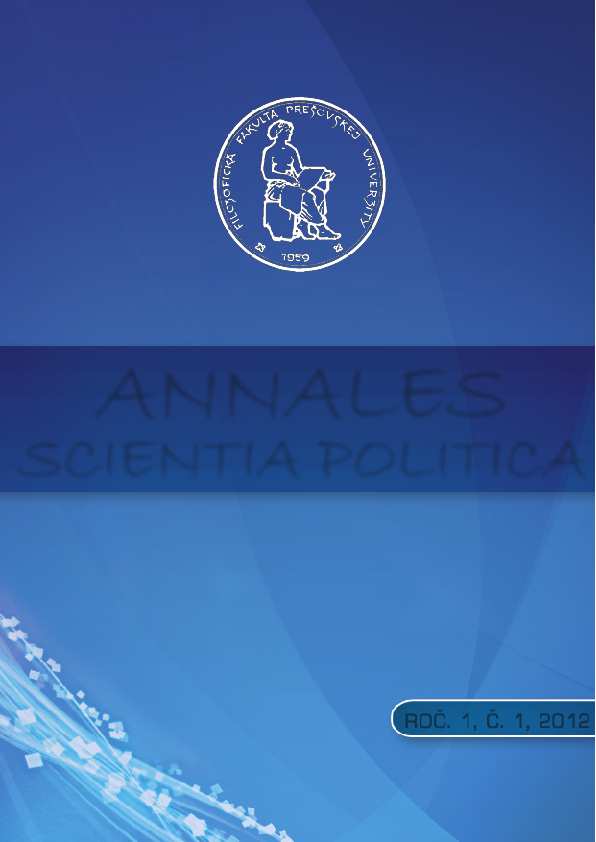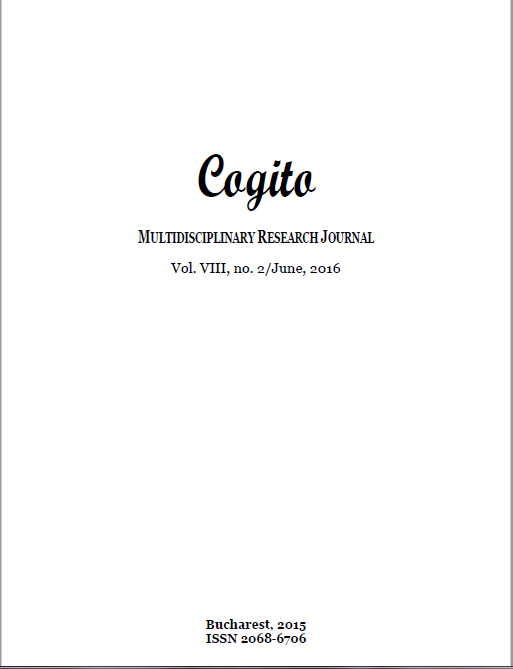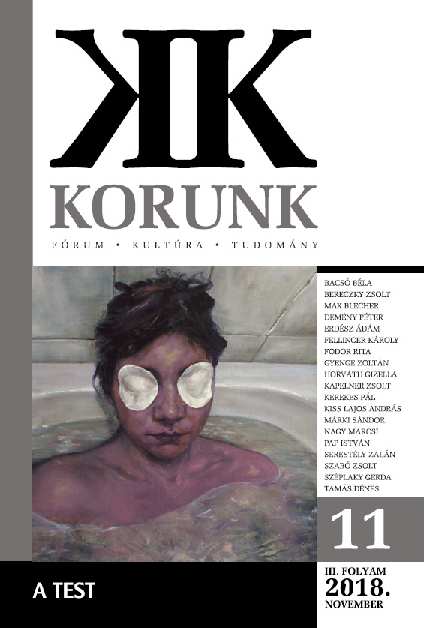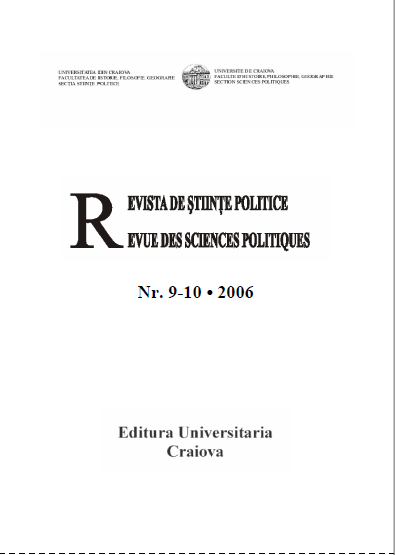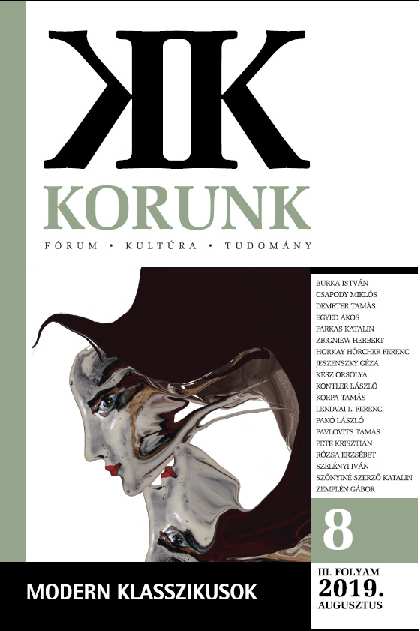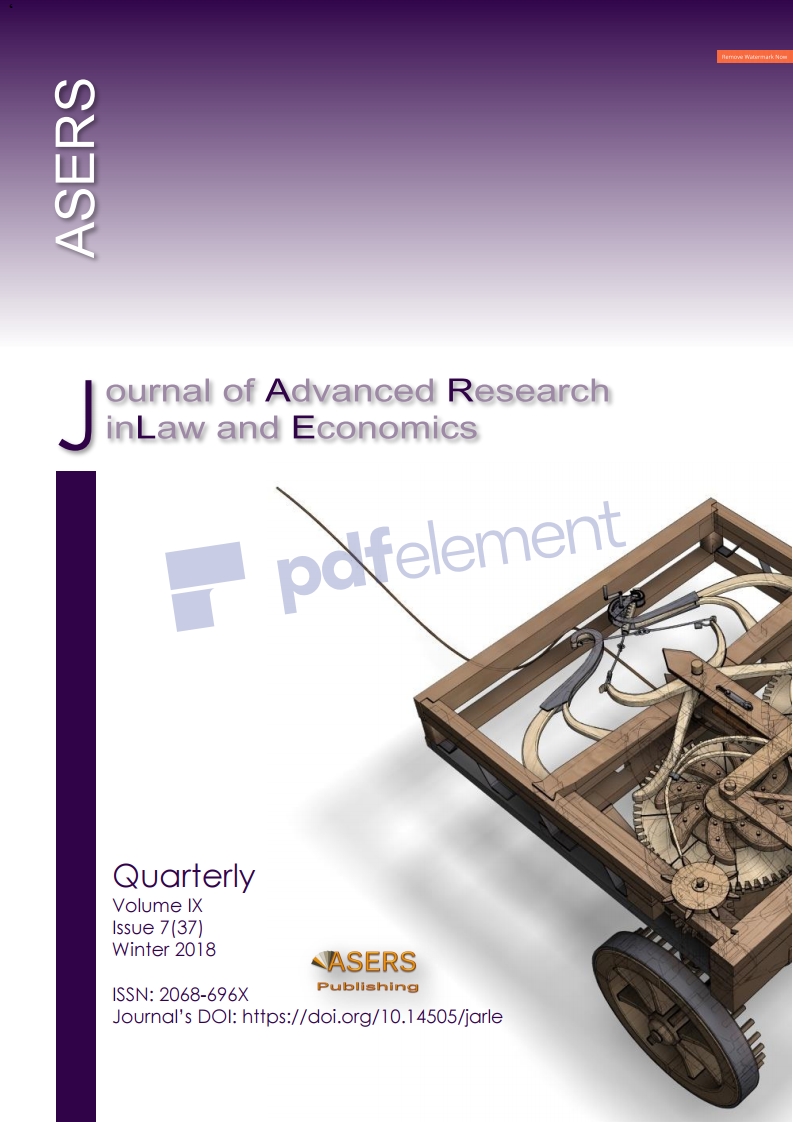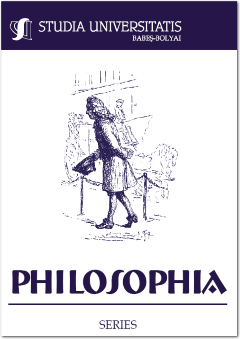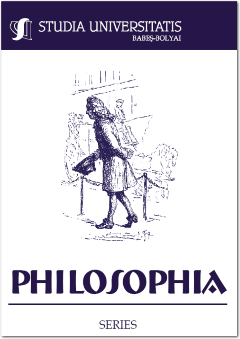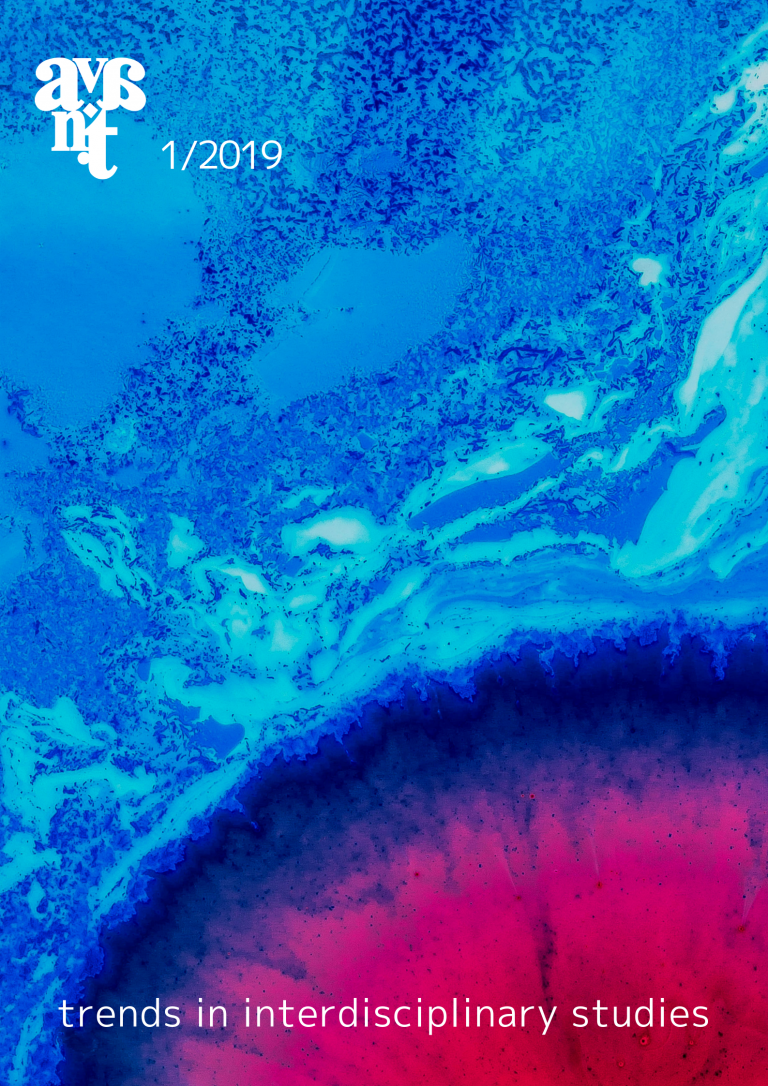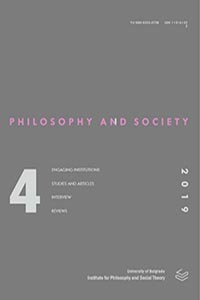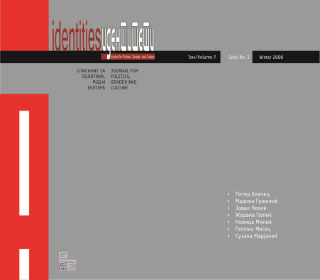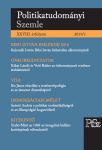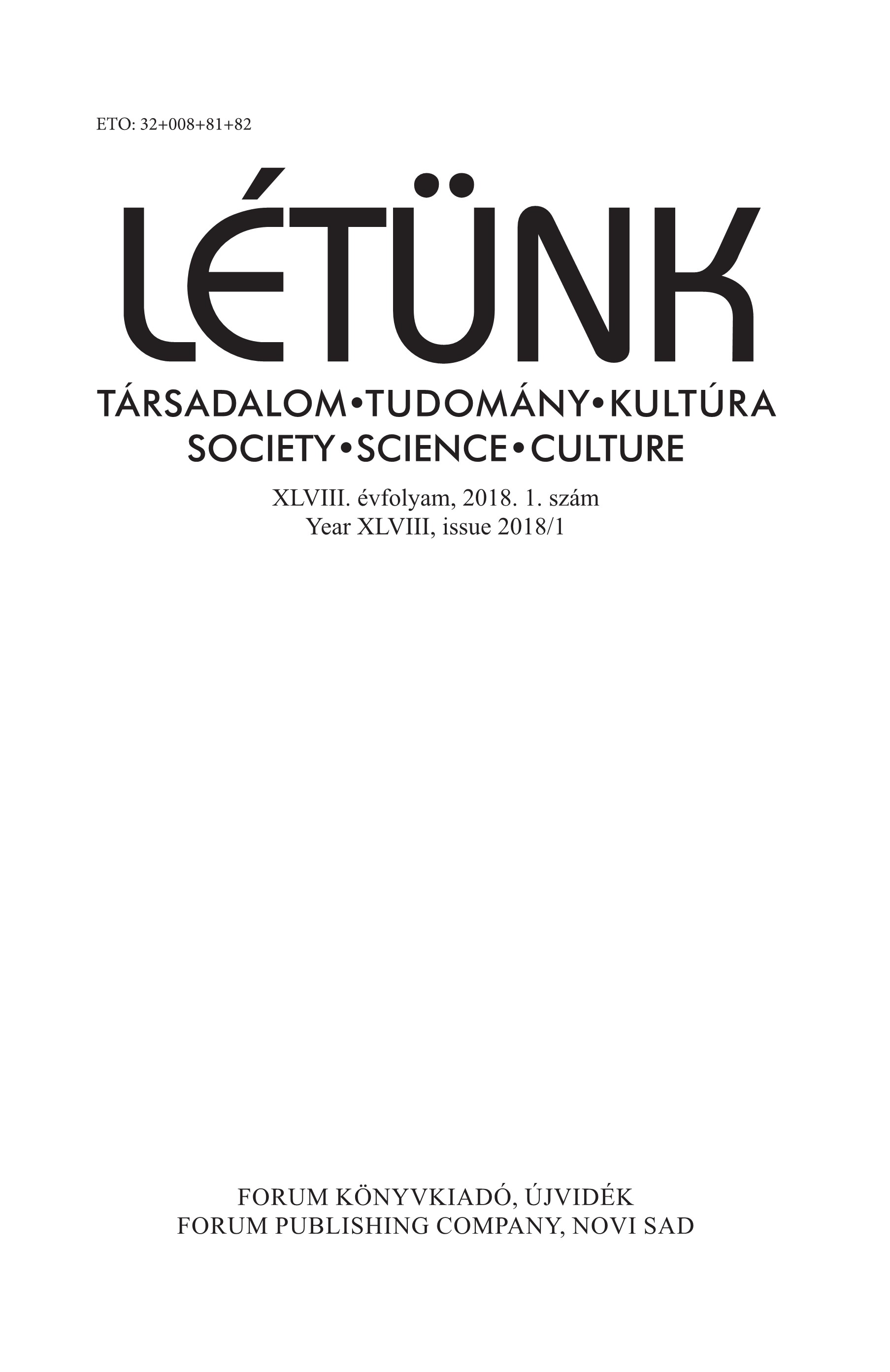Author(s): Justyna Miklaszewska / Language(s): English
Issue: 1/2019
In the philosophy of liberalism, freedom of speech is one of the fundamental rights of the individual, one that is guaranteed by the constitution of a liberal democratic state. Con-temporary Western democracies are based on the political culture in which human rights, including the right to free speech, play an important role. This right, however, can be vio-lated by demagogic propaganda both in totalitarian regimes and in democracies. The prop-aganda mechanism, reaching into the sphere of community values and concepts, presently operates also through the Internet, in which expressions of anger and hatred are dissemi-nated and can lead to the destruction of democracy. I will argue that, in today’s world, restrictions on the freedom of speech through legal norms are necessary, because the threat comes not only in the form of censorship, but also the manipulation techniques used by politicians in democratic regimes. Advances in modern technology can be of service to dictatorship when the media and the Internet are used for propaganda or surveillance pur-poses, but they also provide a support to freedom and democracy when they serve as the means of the transmission of reliable information, initiating public discussions. As such, they establish a framework for rational debates and peaceful activities that contribute to the maintenance of the democratic political culture. The basic elements of this culture, i.e. legal rules, pluralist media, and education systems are all necessary for the defence of its core value, namely the freedom of speech.
More...
